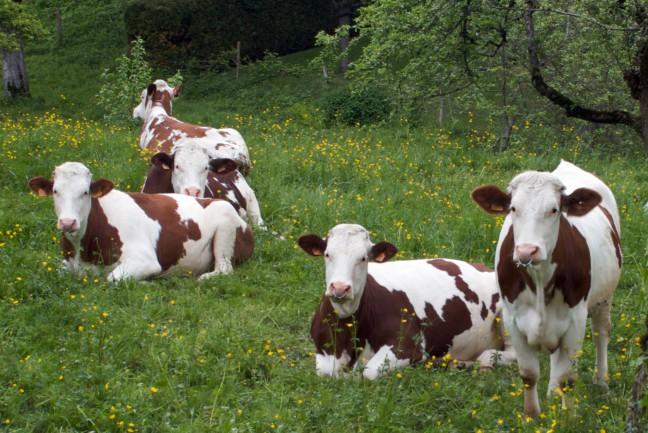Montana farmer Robert Henry has been receiving subsidies for his farm from the federal government as compensation for money lost due to America’s trade war with China.
“‘Trump money’ is what we call it,” Henry said. “It helped a lot. And it’s my understanding, they’re going to do it again.
Henry is absolutely right. After delivering an unprecedented $28 billion to farmers in 2018 and 2019, Trump has promised to do it again if necessary in 2020.
These huge sums of money have been delivered without debate when many other bailouts in recent memory have. Though not as big as the bailout in the banks after the financial crisis, this agricultural bailout is more than the cost of saving the auto industry after 2008.
Though saving the American farmer is a noble cause, do not be fooled — Trump money is a sordid attempt to hide how Trump’s trade war is failing everyday Americans and is a horribly inefficient and unethical use of taxpayer dollars.
By giving money to the industry most affected by the trade war with China, he has silenced those who would have been his loudest critics. Without farmers complaining about the trade war, the general public is none the wiser when it comes to how bad we are losing it. This altered public perception works to the Trump administration’s benefit as they can press on with this war without any regard for its true effects on the economy. It seems that as long as Trump can come out of this and tell the world he won and how he’s such a great negotiator and businessman, he’ll be happy.
Such a great businessman would have realized sinking 28 billion dollars into a struggling industry would have a poor return on investment. All these subsidies achieve is keeping farms in business when the free market is trying to force them out. Fighting the free market in this way ensures an artificially high number of farms will stay open and crop prices will stay down because too many farms are producing too many crops. Subsidies keep an unprofitable industry going when the free market could better allocate resources so farming is more profitable, and farmers who shut down their farms find more profitable work elsewhere.
These payments are also huge — the checks sent to farmers in compensation are estimated to be for twice as much money as has been lost due to the trade war. Overcompensating the rural voters who overwhelmingly supported him in 2016 is suspicious. By overcompensating farmers, he is sending the message that he is on their side, and they should be on his. Trump does not believe in a free market or helping out fellow Americans — he believes in buying votes to get re-elected.

This is not to say farmers are not in need of help and shouldn’t be helped. Farmer suicides and bankruptcies are up. They, and other people who find themselves working in failing industries, need retraining efforts so they can find jobs to support their families. Not cash in return for votes.
What Trump is doing in the short term to get reelected may help farmers now but will hurt them later when his policies eventually stop.
These subsidies and this trade war should be halted immediately. In their stead, policy intended to strengthen the economy in the long term should be pursued. This includes increasing federal funding for scientific research, which is always associated with economic gain. Increased funding to public trade schools, 2-year and 4-year universities would also aid farmers in the long term by helping them retrain. Ending these subsidies in favor of other efforts to help the wider economy will not leave farmers behind.
Wisconsin’s increasing farm closures spell devastation for the dairy industry
Trump’s administration and its self-serving policies are just the latest iterations of representative democracy’s greatest challenge. This challenge is that some representatives don’t do what is best for the people they represent, opting to do whatever looks best for their own reelection instead. Don’t let them fool you.
Harry Quick (hfquick@badgerherald.com) is a freshman studying economics.


